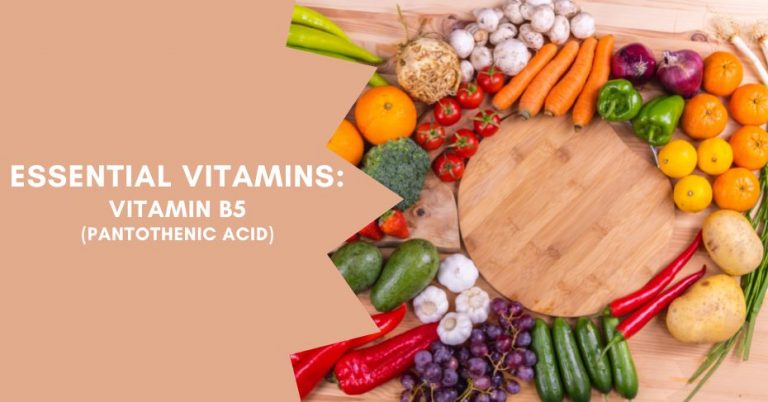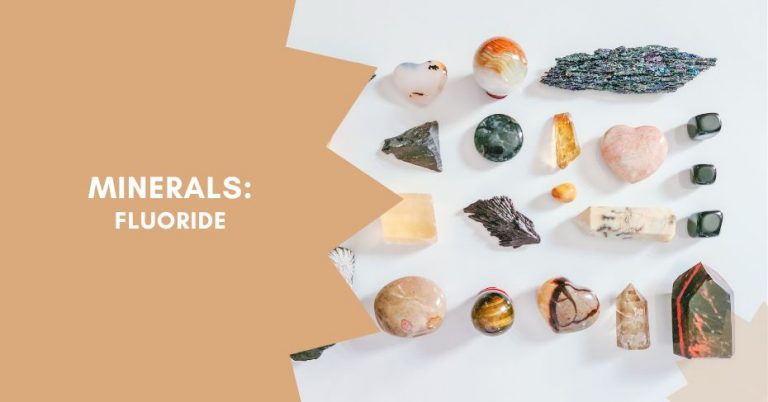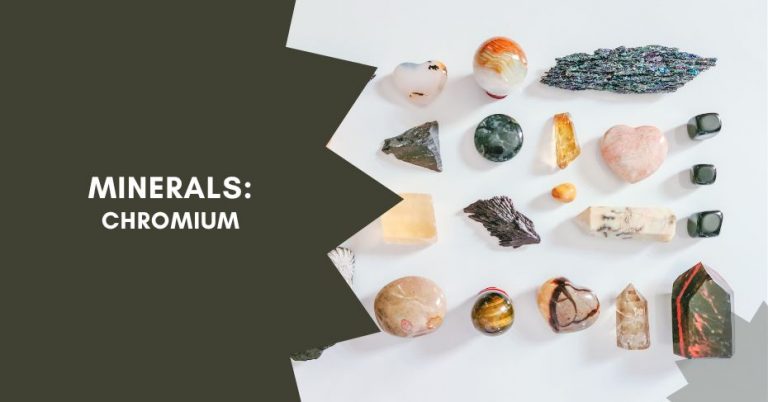Molybdenum is an essential trace mineral that plays an important role in many bodily functions. Our bodies require small amounts of molybdenum to stay healthy, but how do we get the right amount? In this blog post, we’ll explore everything you need to know about molybdenum and how it can help support your overall health.
What is Molybdenum?
Molybdenum is a trace mineral that humans require in small amounts to stay healthy. It can be found in certain foods, either naturally or as an additive, and can also be taken as a supplement. The recommended daily allowance (RDA) of molybdenum for adults over 18 years old is 45 micrograms per day.
Molybdenum plays several important roles in the human body, including helping with the metabolism of carbohydrates, proteins, and fats; aiding in the production of red blood cells; and helping to process waste products from the liver. Additionally, molybdenum helps break down toxic substances like sulfites and alcohol into less harmful compounds that can then be eliminated from the body.
What Foods Contain Molybdenum?
Molybdenum can be found naturally in various food sources such as legumes like lentils and chickpeas; nuts like almonds, walnuts, cashews; dark leafy greens like spinach; whole grains such as oats and quinoa; beef liver; eggs; mushrooms; potatoes; dairy products such as milk and yogurt; tomatoes; broccoli; cauliflower; onions; garlic; celery root (celeriac); squash seeds; sesame seeds; sunflower seeds; soybeans (edamame); green peas ; apples ; bananas ; oranges ; pineapples ; grapefruit ; peaches ; apricots ; dates ; raisins ; figs ; cranberries ; blueberries . It can also be added to some processed foods such as breakfast cereals or breads.
Health Benefits of Molybdenum
Molybdenum has several health benefits including:
• Supports healthy immune function – Studies have shown that molybdenum helps maintain a healthy immune system by activating certain white blood cells that fight off foreign invaders like bacteria and viruses.
• Aids in digestion – Without enough molybdenum in the diet, our bodies cannot properly break down food into smaller molecules that can be used for energy production. This means we won’t be able to absorb all of the nutrients from our food as efficiently as possible.
• Helps reduce inflammation – Inflammation can lead to numerous chronic conditions if left untreated. Molybdenum has been found to reduce inflammation levels in the body while supporting overall health and wellness.
• Supports brain health – Studies have shown that molybdenum may help protect against cognitive decline by aiding in the breakdown of toxins and promoting healthy neuron activity in the brain.
Where Can I Find Molybdenum?
Molybdenum can be found naturally in some foods such as legumes (beans), grains (wheat), nuts (almonds), leafy greens (spinach), dairy products (milk) and eggs. If you don’t consume enough of these foods on a regular basis, you may want to consider taking a daily supplement containing molybdenum as well as other essential vitamins and minerals to ensure your body gets all it needs to stay healthy and happy!
Bottom Line
In summary, molybdenum is an essential trace mineral with many health benefits including supporting a strong immune system, aiding digestion, reducing inflammation levels in the body, and promoting brain health. Although it can be found naturally in some foods such as legumes, grains, nuts, leafy greens, dairy products, and eggs; if you don’t consume enough of these foods on a regular basis then you should consider taking a daily supplement containing molybdenum along with other essential vitamins & minerals to ensure your body gets all it needs! Taking care of your health starts with understanding what your body needs – so make sure to research more about molybdenums importance today!





